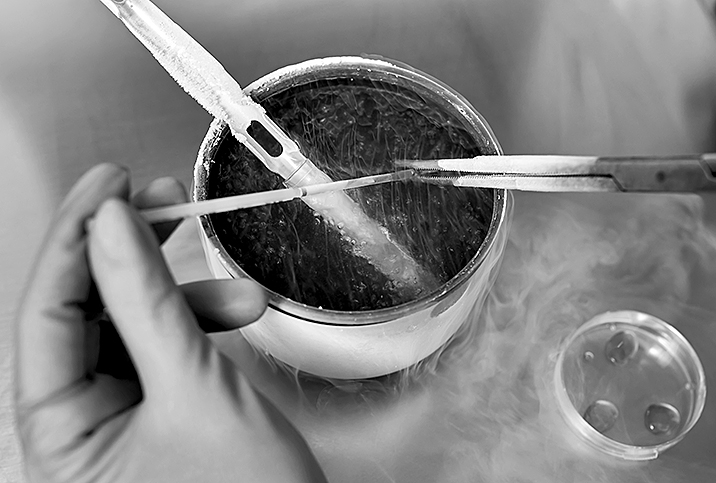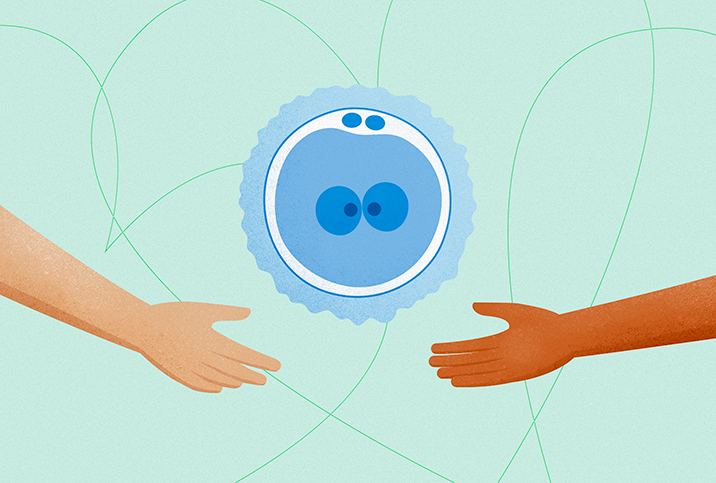Should I Freeze My Eggs?

Advances in fertility medicine and shifts in societal norms have created broad visions of motherhood that reach well beyond previously imposed demographic limits. Single mothers, same-sex partners and even moms-to-be with precarious health conditions can now access novel routes to motherhood via egg freezing.
Despite common assumptions that associate egg freezing with “older moms,” the scientific community hasn’t found sufficient evidence to encourage this practice based on age alone. The American College of Obstetricians and Gynecologists, in its FAQ “Having a Baby After 35,” discourages egg freezing solely to delay motherhood. Instead, experts primarily advise the procedure for women undergoing cancer treatments that may compromise fertility prospects in the future.
Costs and odds
Given the high cost of egg freezing, it makes sense to weigh your decision carefully. Freezing eggs is considered experimental by most insurance companies, making coverage improbable. Depending on the state you live in, harvesting your eggs (the initial step) costs from $7,000 to $12,000. Don’t forget an additional $2,700 in preemptive ovary-stimulating medications. Egg storage can cost $300 to $600 per year. To thaw, fertilize and transfer your egg, add another $4,000 to $5,000 to the price.
Furthermore, according to the Mayo Clinic, the chances of becoming pregnant with a frozen egg are 30 to 60 percent, and are largely dependent on your age when you froze it. The younger you are when you go through this process, the greater your likelihood of a successful conception. However, most women don’t start thinking about fertility until their 30s.
To freeze or not to freeze?
Fertility choices are deeply personal. Although support from family and friends is reassuring, it’s OK to freeze your eggs if you feel it’s the best option for you. Consulting an experienced healthcare professional will give you the full scope of what to expect, from the beginning of the procedure through the final stages.
It’s also worth noting the merits of a healthy lifestyle, including regular exercise, eating well, managing stress, and keeping chronic conditions under control, to aid your body’s ability to conceive and maintain a successful pregnancy. Even if unassisted fertility doesn’t pull through when the time seems right, frozen eggs are only one option of many to becoming a parent.
While no fertility treatment is guaranteed, there’s nothing wrong with wanting options for the future. As you mull over the idea of freezing your eggs, keep alternatives in mind, such as embryo adoption or fostering a child. Educating yourself on the wide range of possibilities empowers you to plan for your future on your own terms.


















